Raspberry Pi Awards 2014 winners revealed
PA Consulting hosted its 2nd annual Raspberry Pi Awards. We take you through the highlights
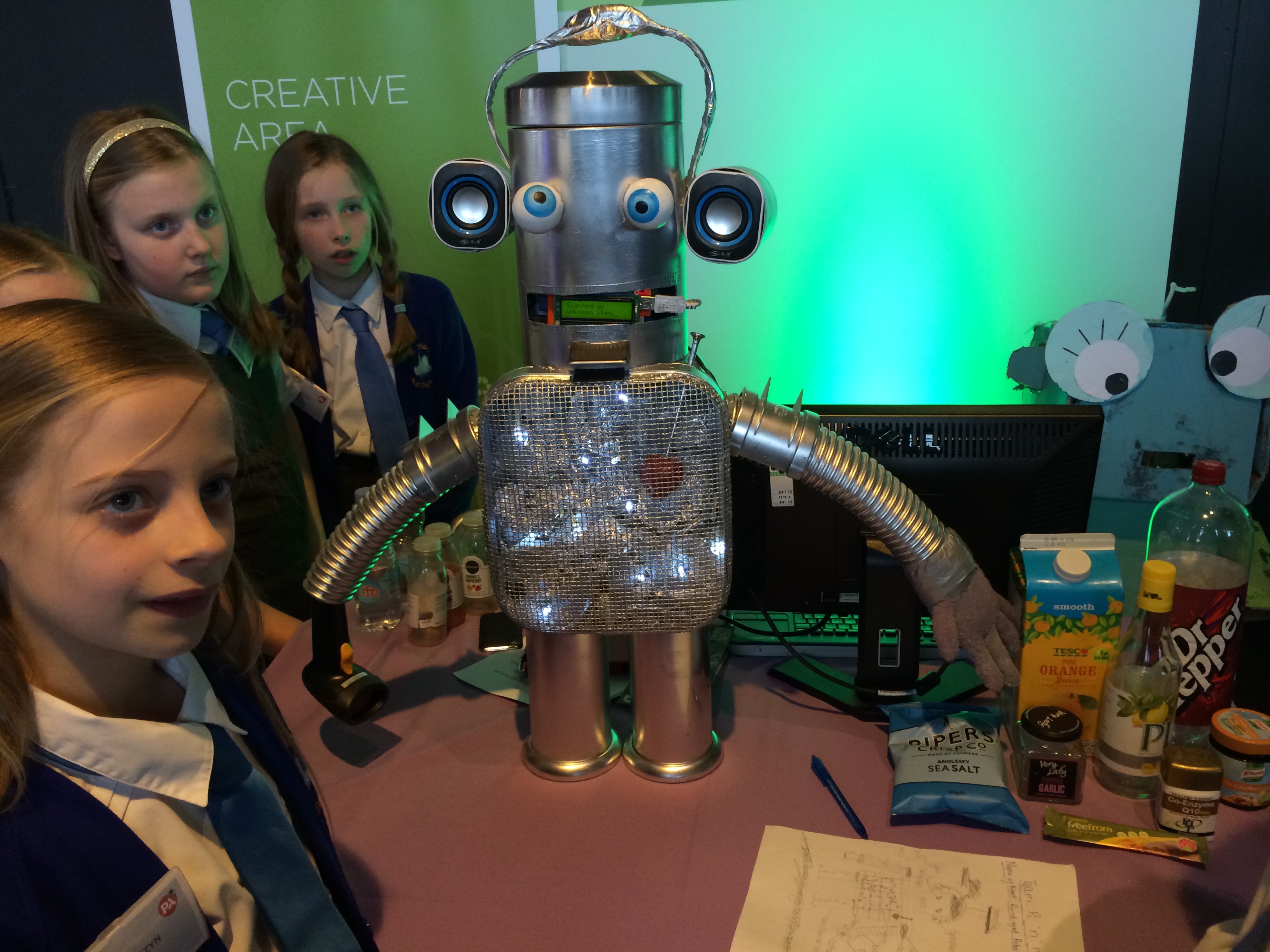
Heading home after PA Consulting's second annual Raspberry Pi awards on Wednesday, it was hard to wipe the smile off my face.
What I witnessed during my afternoon spent at London's Science Museum left me feeling proud to be British and more excited about technology than the latest smartphone release.
It was great to see youngsters passionate about technology come together from all over the country. Even better was seeing the commitment, drive, teamwork and skills on display to bring unique ideas to life.
The 2014 Raspberry Pi Awards were split into four categories based on age groups. The youngest entrants were between 8-11 years-old, with the oldest being University undergraduates.
The theme of this year's competition was to create a project that would benefit the environment using a Raspberry Pi and a budget of 100.
Teams were required to show how their project would make a difference in the world, provide clear detailed building instructions and demonstrate scalability. Hundreds of entries were narrowed down to 13 finalists. Let's take a lot at the stand-out entries.
Honourable mention: PiPod (Richard Lander School)
Get the ITPro daily newsletter
Sign up today and you will receive a free copy of our Future Focus 2025 report - the leading guidance on AI, cybersecurity and other IT challenges as per 700+ senior executives
The project that stood out to me was the PiPod. This hulking beast wasn't the prettiest project on display, but it did do something remarkable - filter dirty water into drinking water.
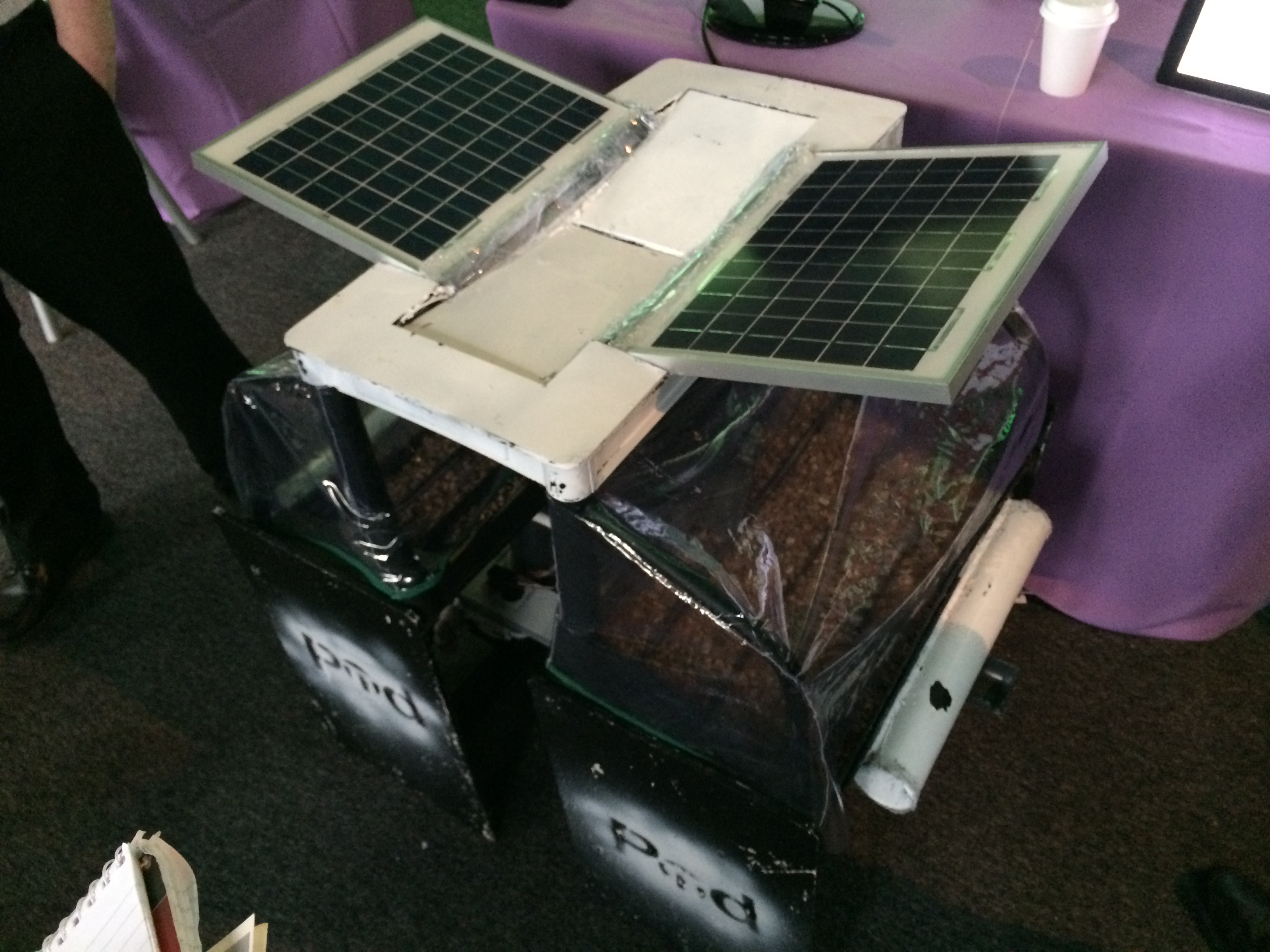
It works by pouring dirty water into the opening at the top. This is initially filtered through a controlled environment where the deposits are used to grow salad plants such as cabbages. The second stage of filtration then takes out the minute particles and filters the water using chlorine tablets - making it suitable to drink.
A litre at a time takes 30 minutes and the battery pack is hooked up to solar panels. Not only that but 90 per cent of the unit is made from recycled materials. A brilliant idea that has the potential to be commercialised and help some of the 870 million people worldwide who are undernourished.
Category One Years 4-6 (Ages 8-11)
Winner: Pi n' Mighty (St Mary's CE Primary School)
The most eye-catching project was created by the youngsters from St. Mary's CE Primary School and was another personal favourite.
The Year 5 students created the affectionately named Round-eyed Robo' to help other children learn about recycling. Users can scan a household item using the LED scanner attached to the right-arm of the robot and it then recommends the best way to recycle the item using a text-mounted display and audio.
This is done by connecting a Raspberry Pi to an LED scanner and creating a database using product names, barcodes and recycling suggestions.
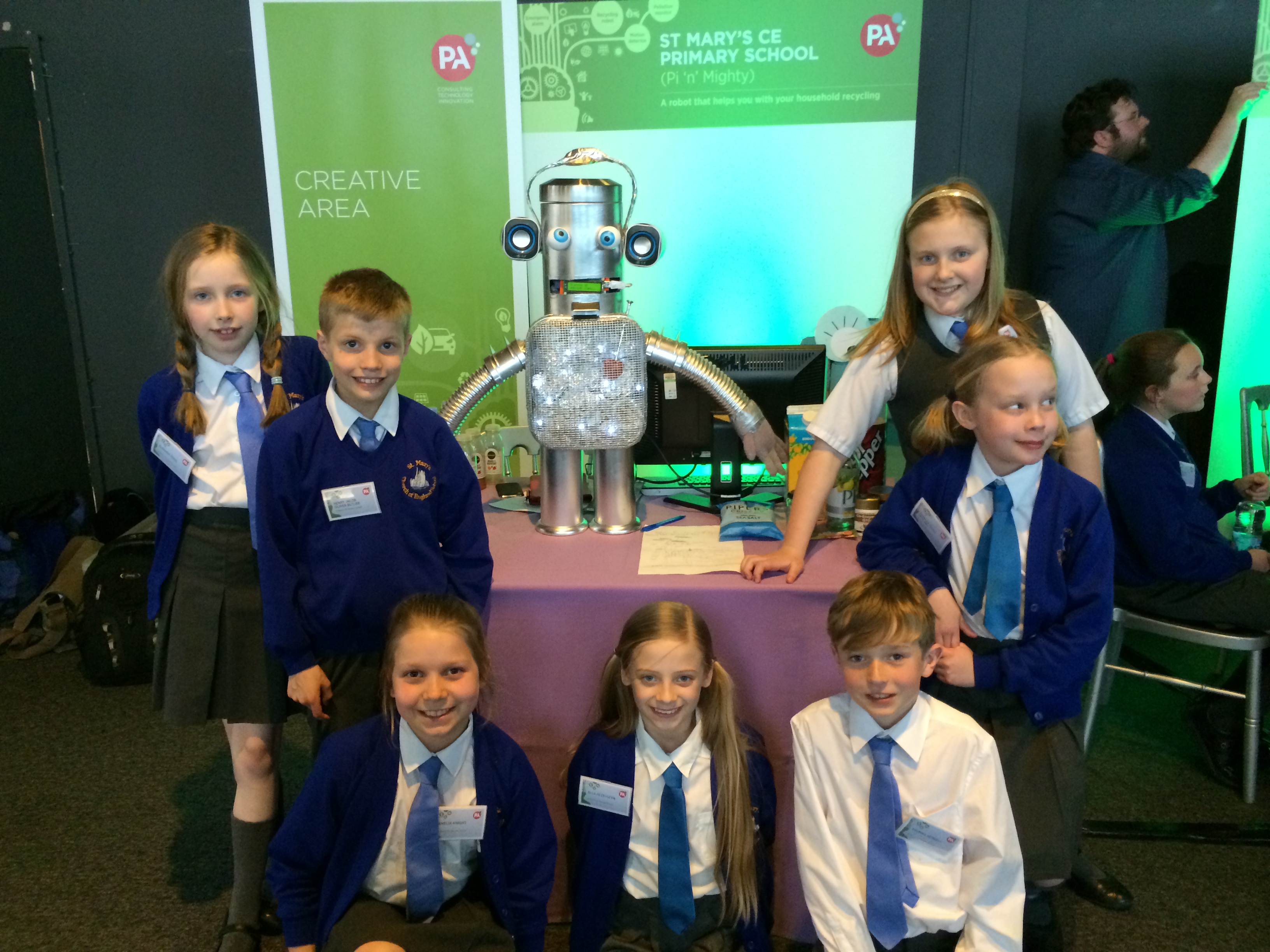
Category 2 - Years 7 - 11 (Ages 11 - 16)
Winner - Plant Pi (Frome Community College)
Plant care was a common theme amongst entrants this year and the team behind Plant Pi won the judges over with the combination of brilliant hardware and software.
Using a Raspberry Pi with temperature, humidity, light, and soil moisture sensors, the Plant Pi is capable of monitoring the condition of plants over the internet. The system is packaged in a beautifully crafted laser-cut box and there was also a simple and clean graphical user interface to show the core details of the plant.
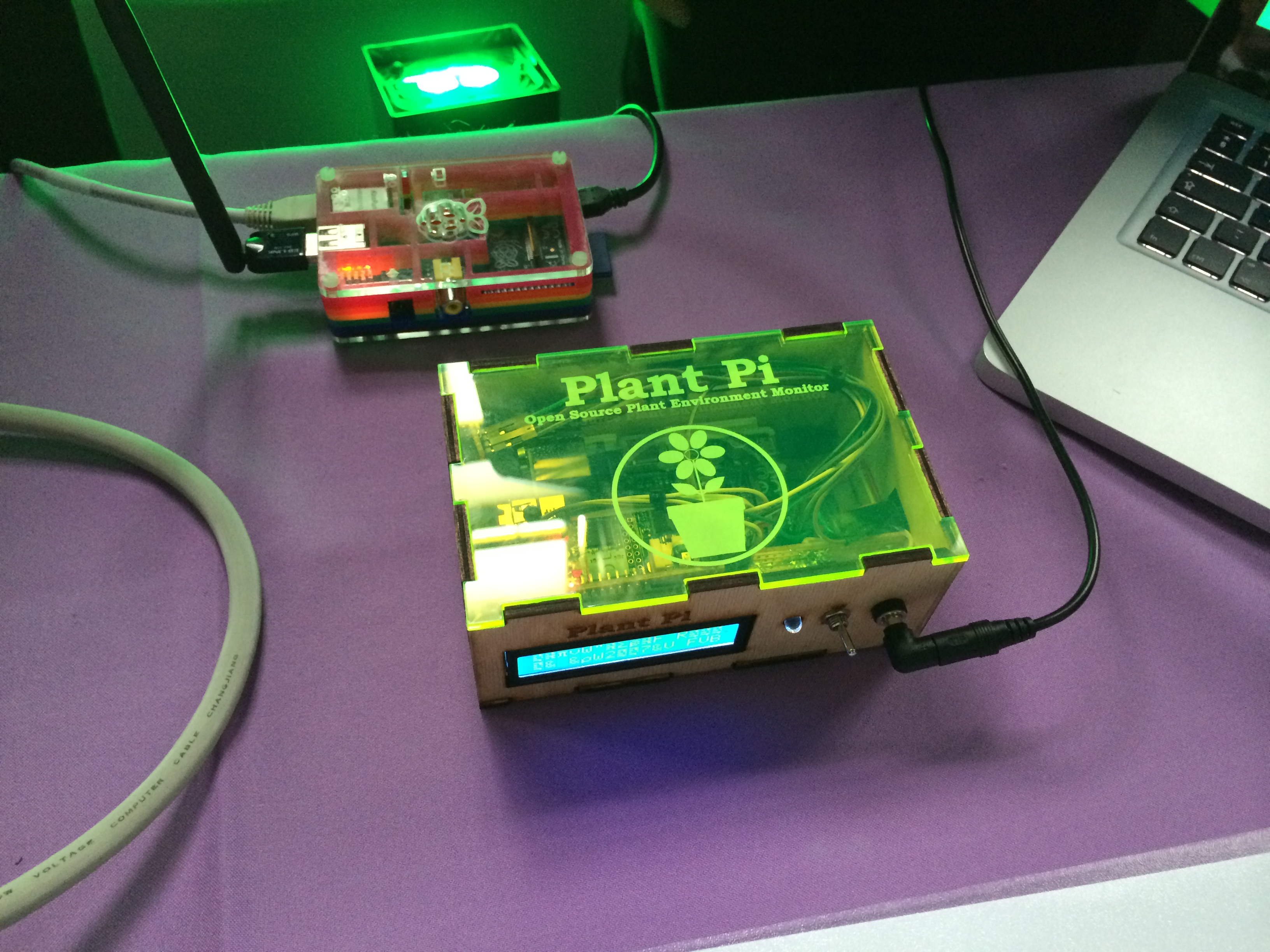
There are plans to expand the usefulness, by enabling one-click automatic watering. Ideal scenarios would include the ability to monitor fruits and veg in commercial greenhouses. The system could also be tweaked and deployed in datacentres to measure things like convection currents.
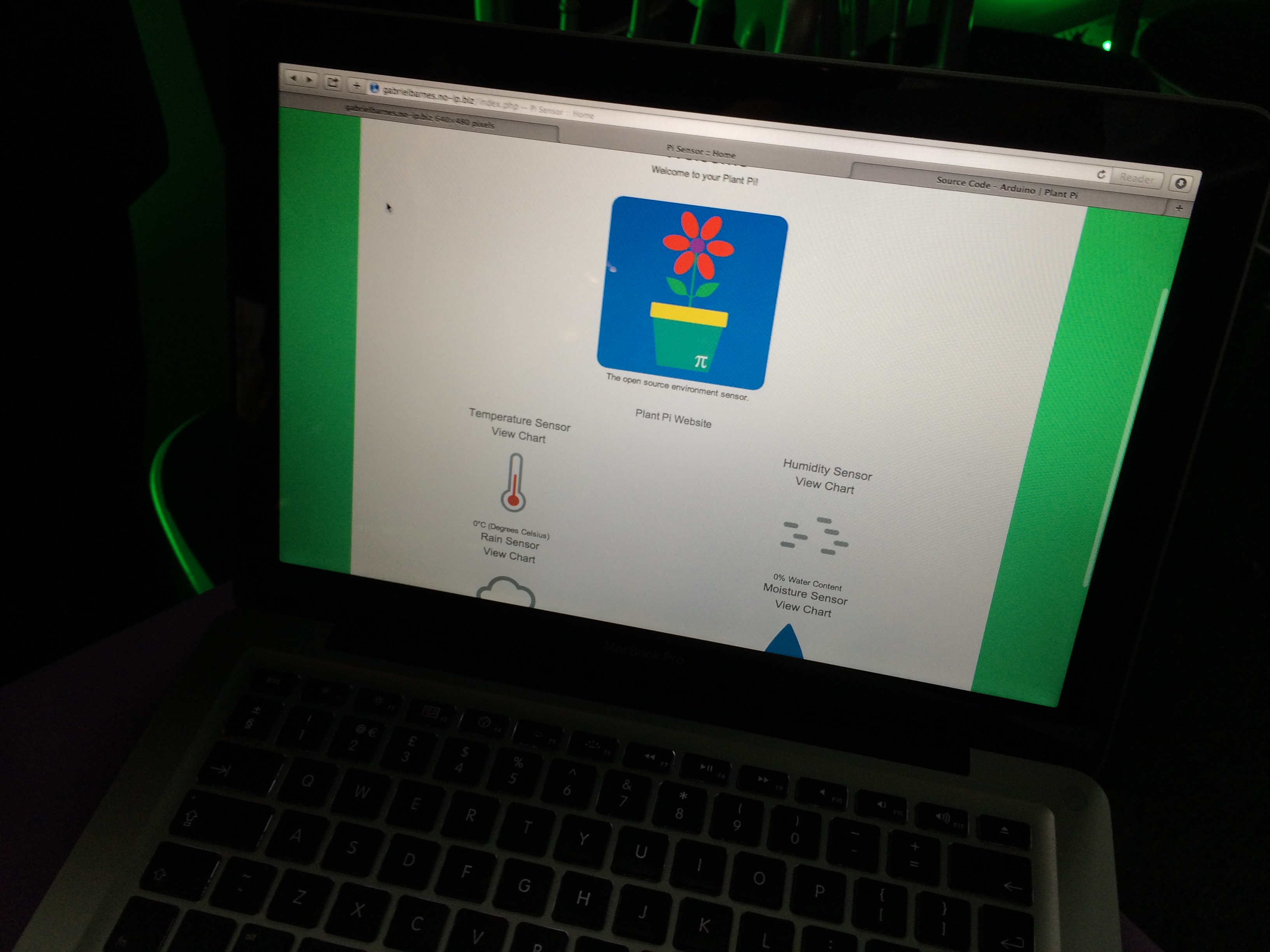
Category 3: (Years 12 - 13) Ages 16-18)
Winner - Wetter Forest (Newcastle College - Digital Skills Academy)
Attempting to see off the danger from forest fires, the Wetter Project had a simple objective - warn local authorities if moisture and humidity levels in a forest dip below a certain level.
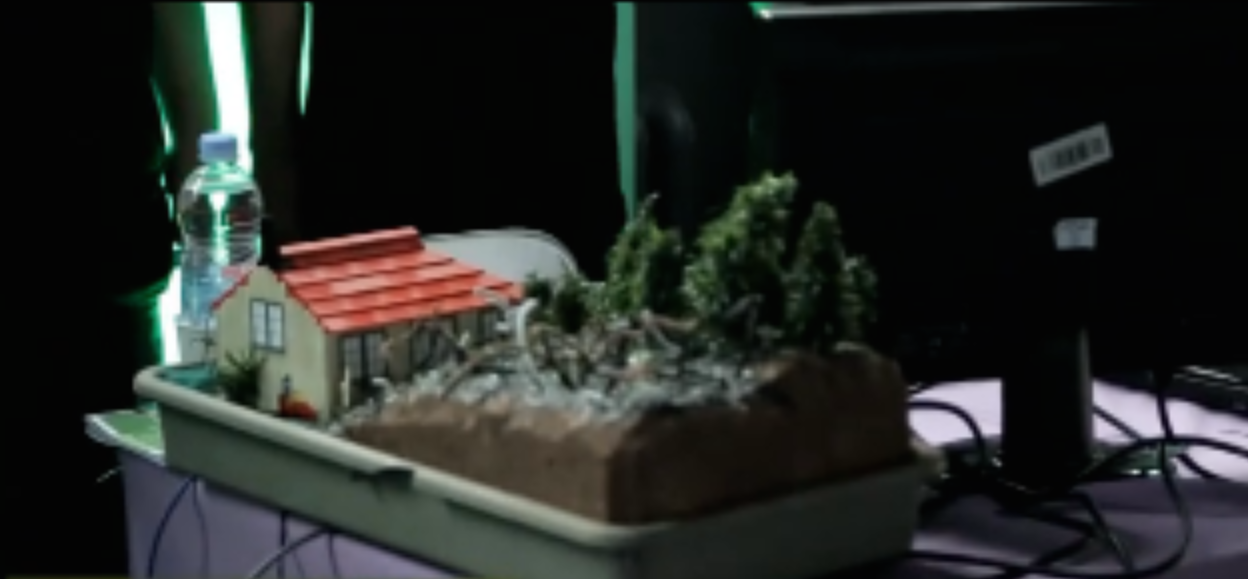
This is achieved by attaching a Raspberry Pi to moisture and humidity sensors and designing a program that sends the data to a website. When moisture levels hit danger levels an email is also sent to the relevant authorities.
Category 4: University undergraduates
Winner - Humphrey and Nick (PiPark)
This project was aimed at reducing urban emissions and saving fuel by helping drivers to locate parking spaces quickly.
By connecting a small camera to a Raspberry Pi and sending information to a central server, PiPark allows car park operators to monitor sites and direct drivers to areas where there is plenty of space.
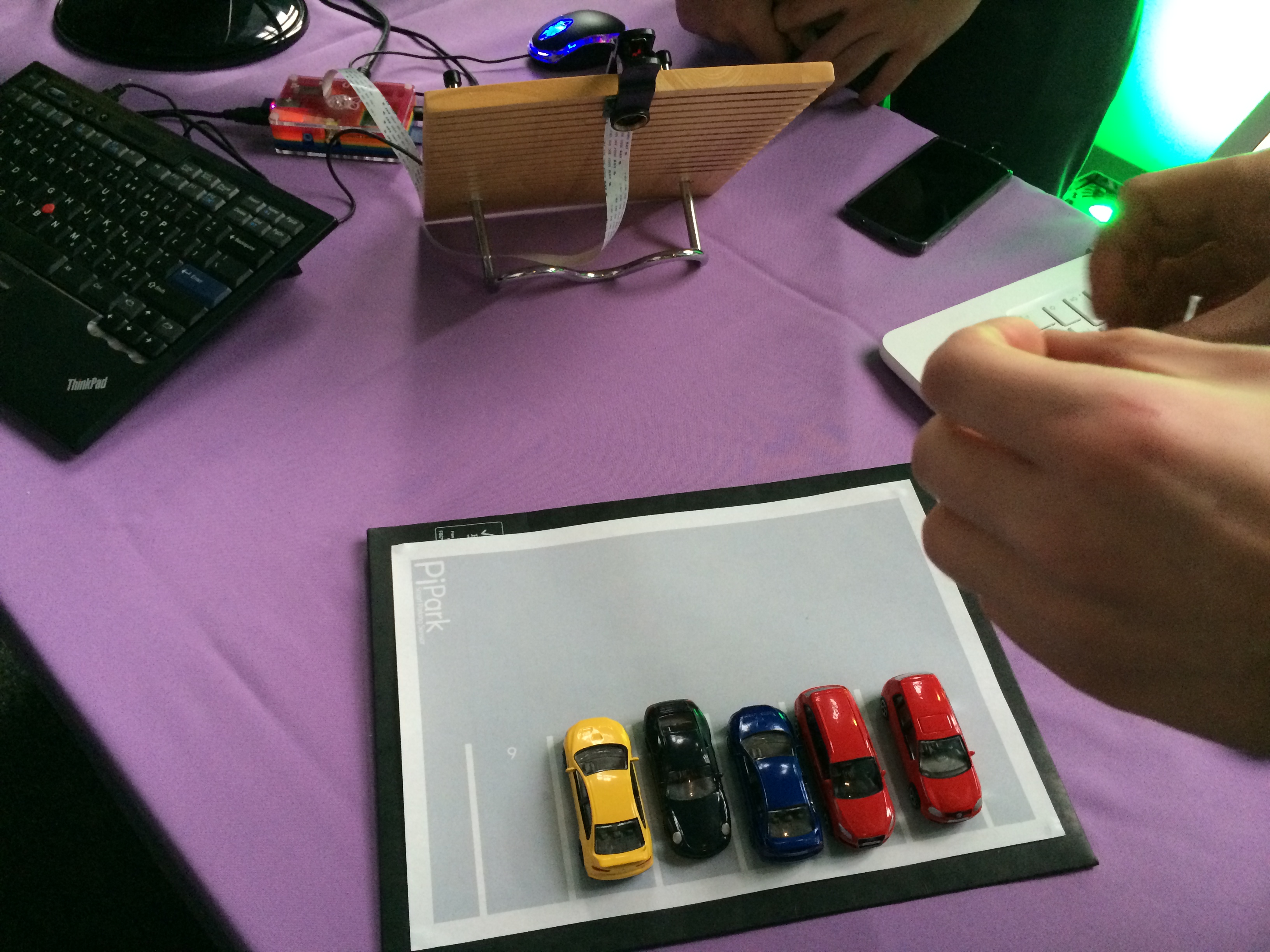
There is also potential to create a smartphone app that drivers can use to help them navigate to an empty parking space on their street or within a car park. In the future we may never need to drive around aimlessly for 10 minutes ever again.
-
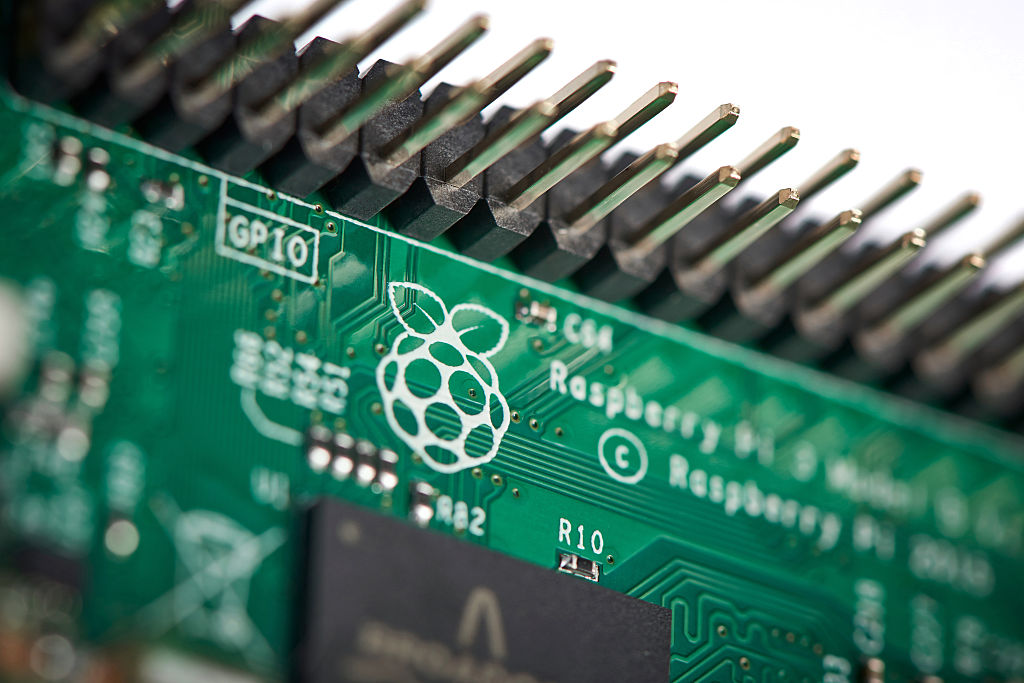 Arm acquires stake in Raspberry Pi in bid to drive IoT development
Arm acquires stake in Raspberry Pi in bid to drive IoT developmentNews The deal confirms a long-standing Raspberry Pi commitment to Arm chips
By Emma Woollacott
-
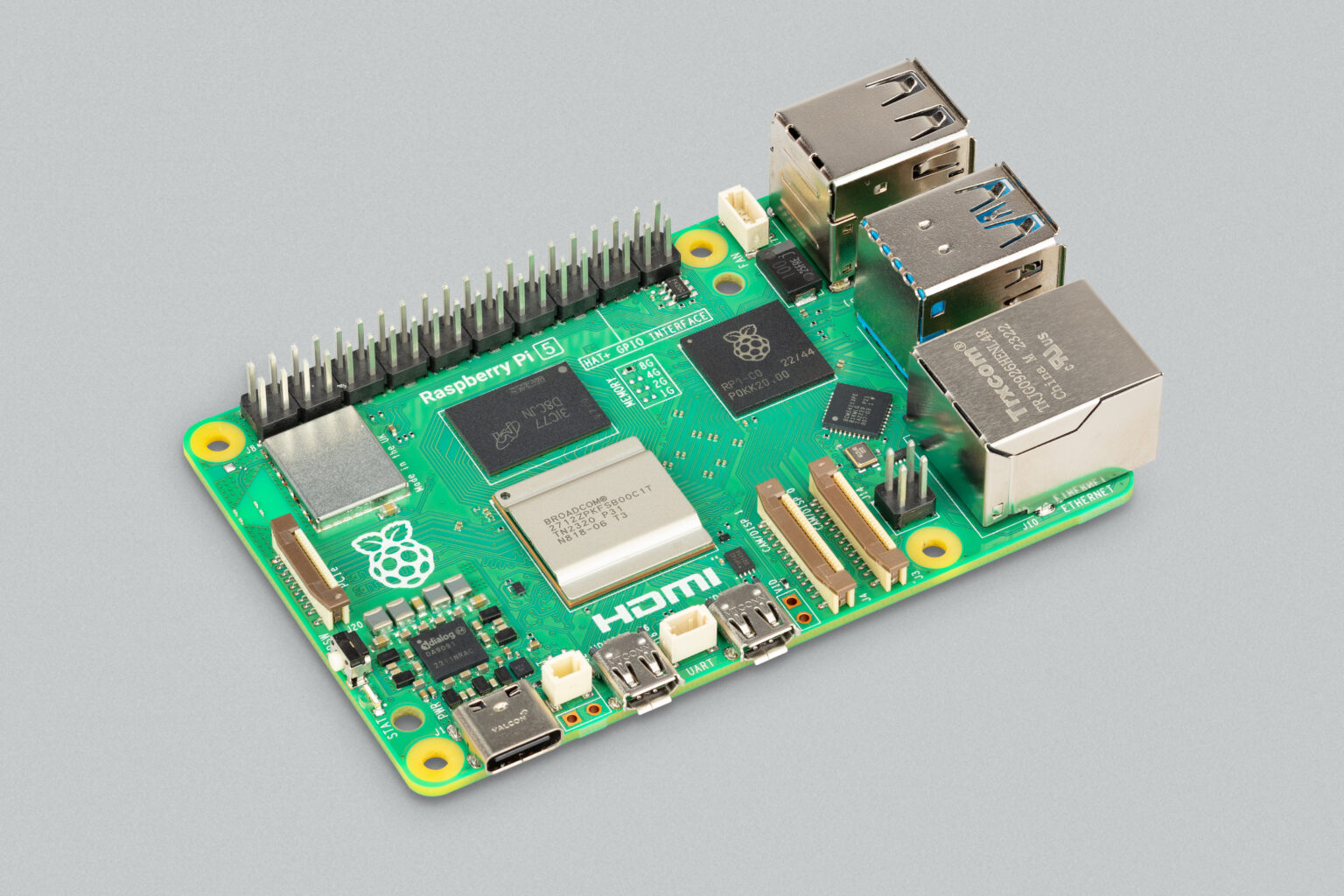 Raspberry Pi 5: New model is “2-3 times more powerful” than previous generation
Raspberry Pi 5: New model is “2-3 times more powerful” than previous generationNews The new Raspberry Pi 5 will provide a “no-compromise user experience”, the firm said
By Ross Kelly
-
 Sony invests in Raspberry Pi to strengthen edge AI offering
Sony invests in Raspberry Pi to strengthen edge AI offeringNews The move follows longstanding ties between the two firms
By Ross Kelly
-
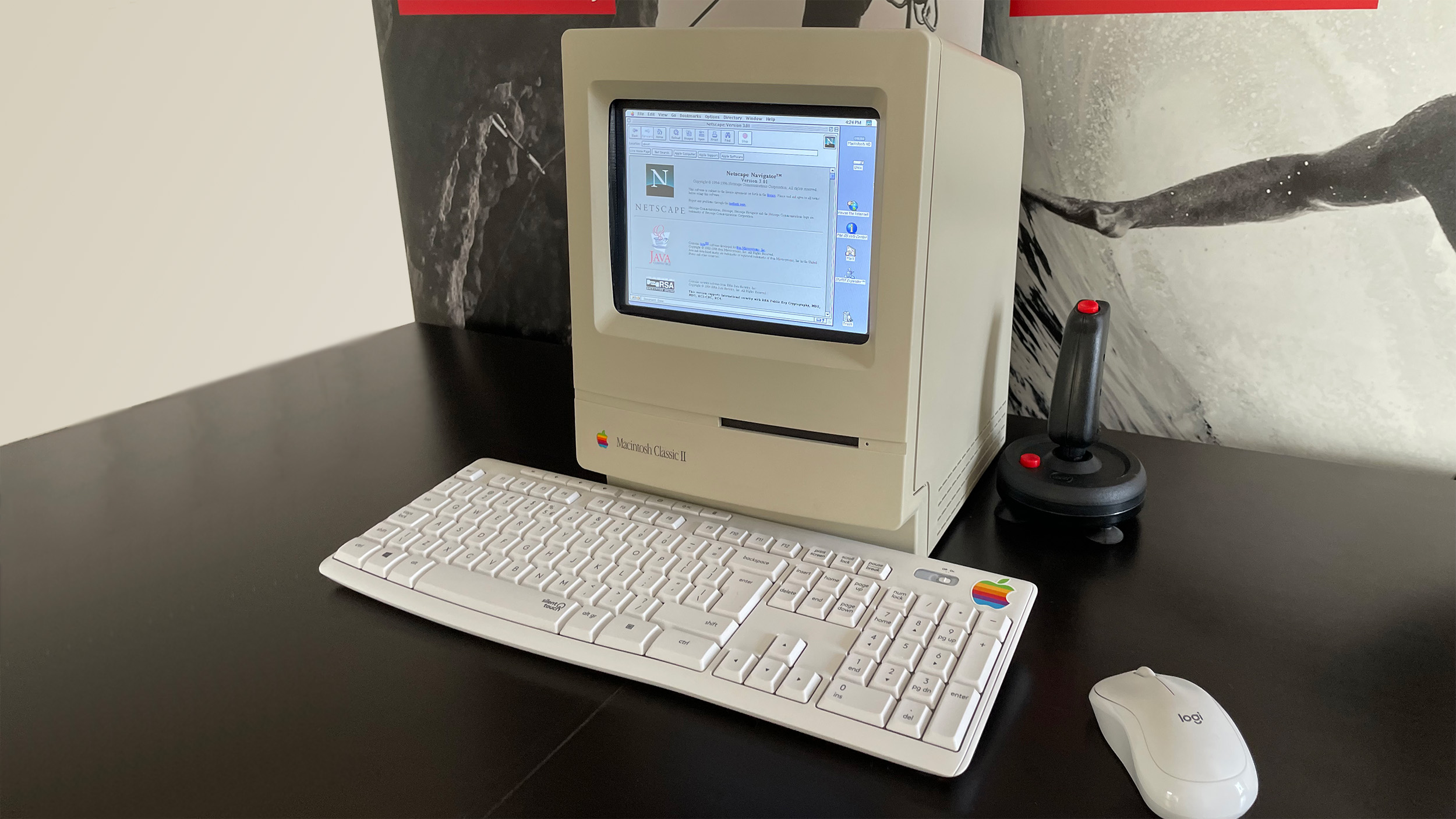 Return of the Mac
Return of the MacIn-depth Developer Jarosław Mazurkiewicz explains the creative process behind MacintoshPi and why he wanted to bring a classic Mac back to life
By David Crookes
-
 Raspberry Pi ten years on: Breathing new life into retro machines
Raspberry Pi ten years on: Breathing new life into retro machinesIn-depth A full decade after the Raspberry Pi first hit shelves, the microcomputer is reviving older PCs and games consoles
By David Crookes
-
 The IT Pro Podcast: Turning developers into craftspeople
The IT Pro Podcast: Turning developers into craftspeopleIT Pro Podcast Making software is about much more than pushing code, explains Raspberry Pi founder Eben Upton
By IT Pro
-
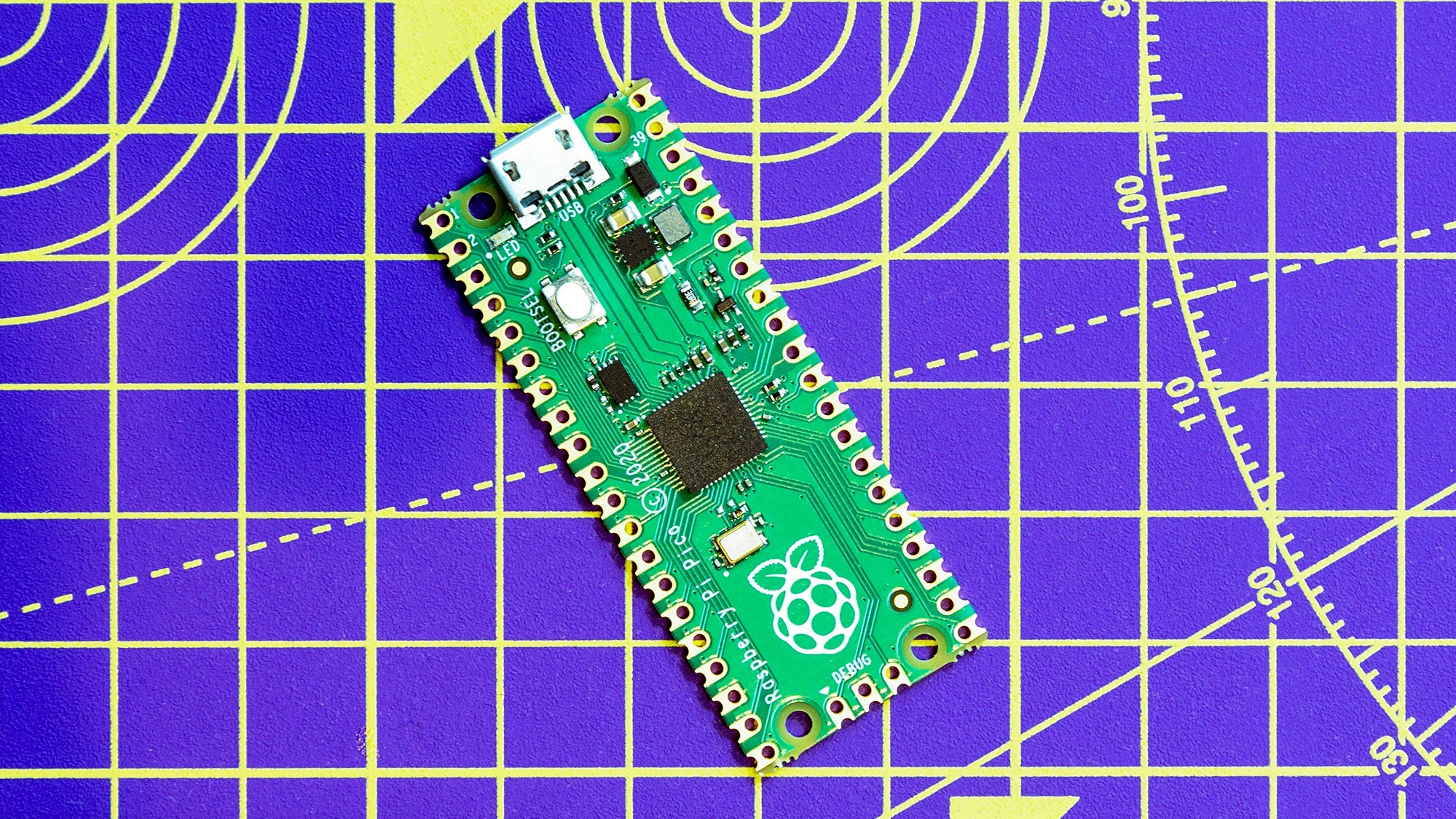 What is the Raspberry Pi Pico?
What is the Raspberry Pi Pico?In-depth Introducing the latest $4 member of the family of single-board microcomputers
By Keumars Afifi-Sabet
-
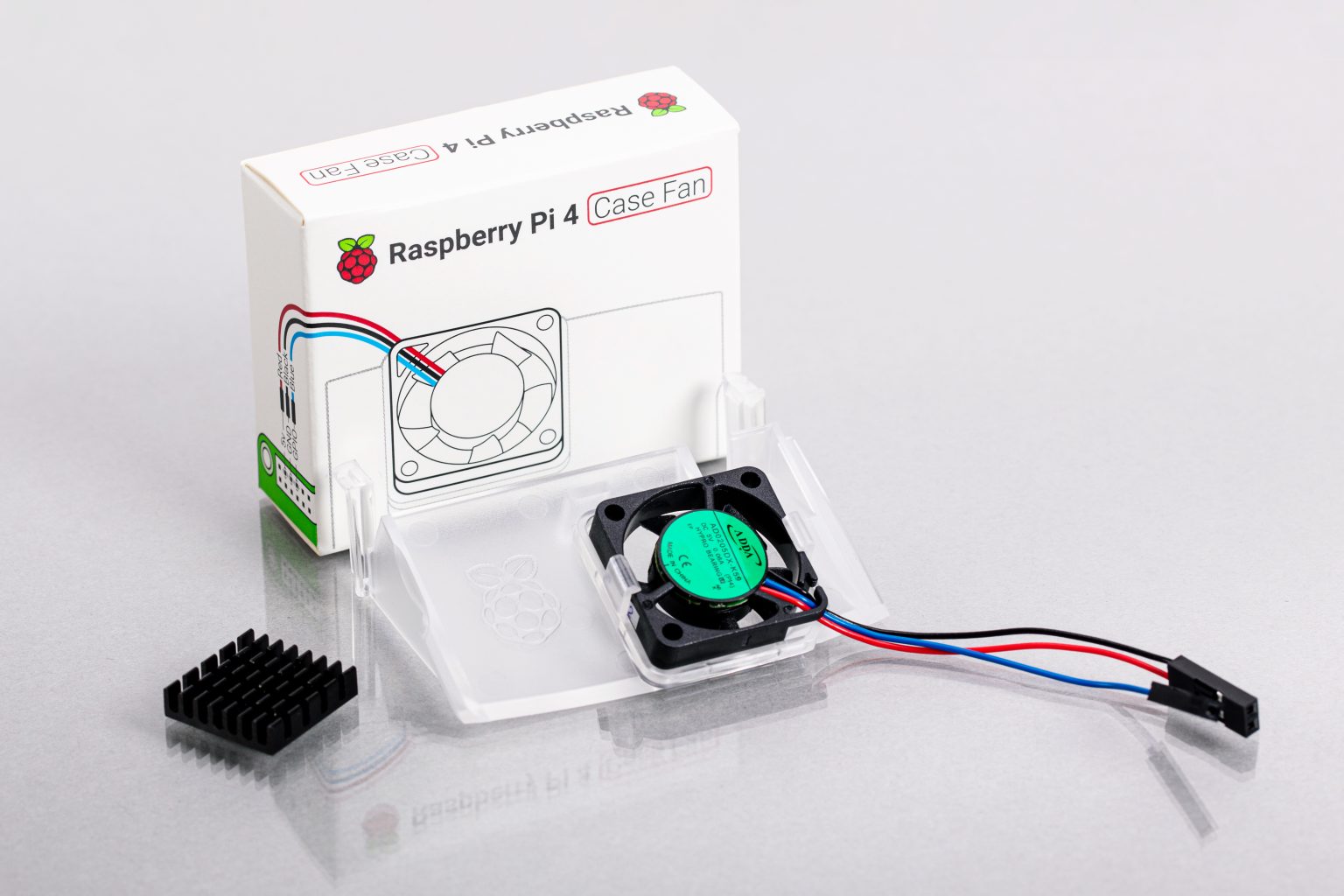 Raspberry Pi 4 gets an official case fan
Raspberry Pi 4 gets an official case fanNews The £4.50 fan will prevent the board's ARM Cortex-A72 processor from overheating
By Rene Millman

